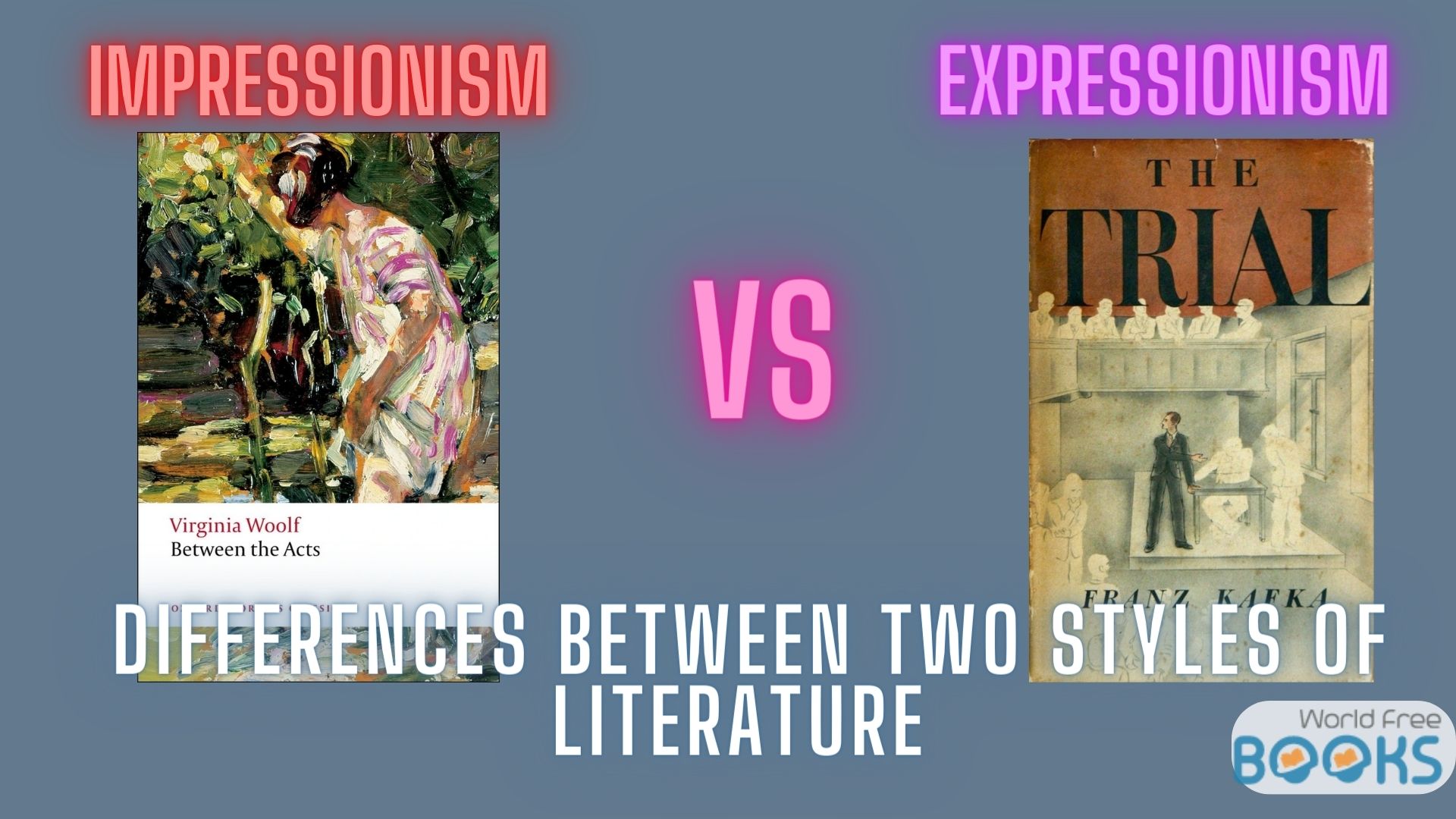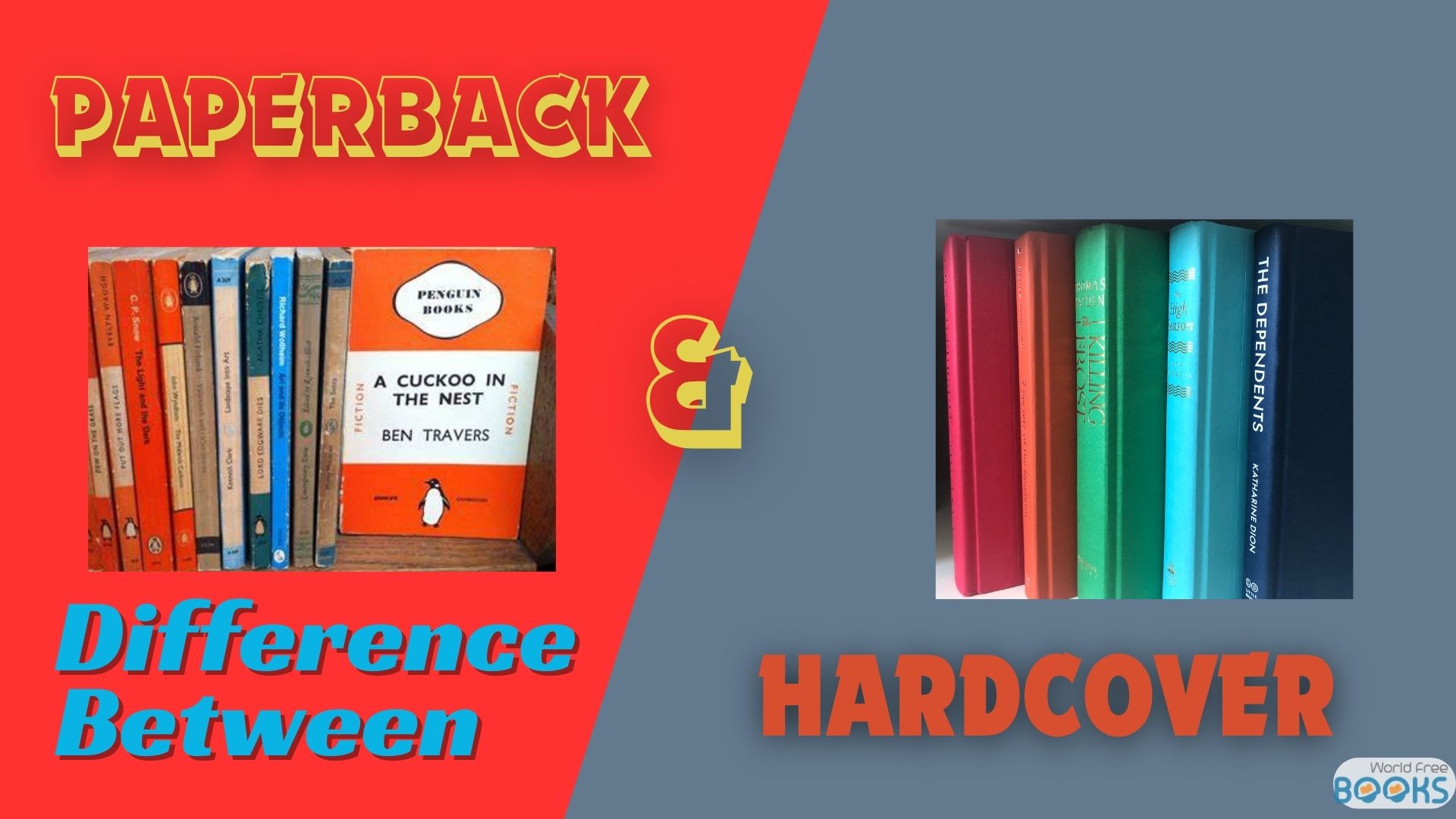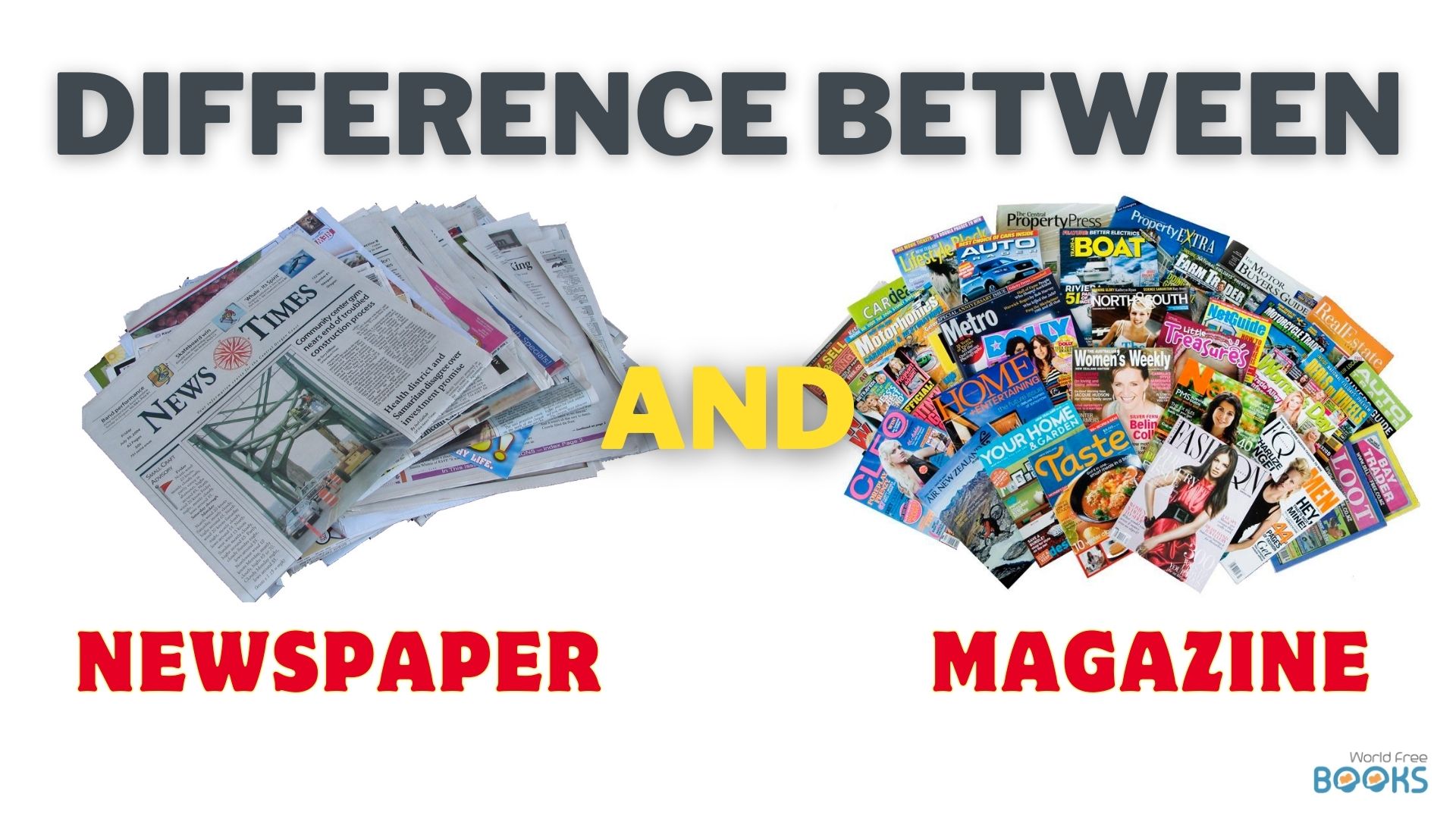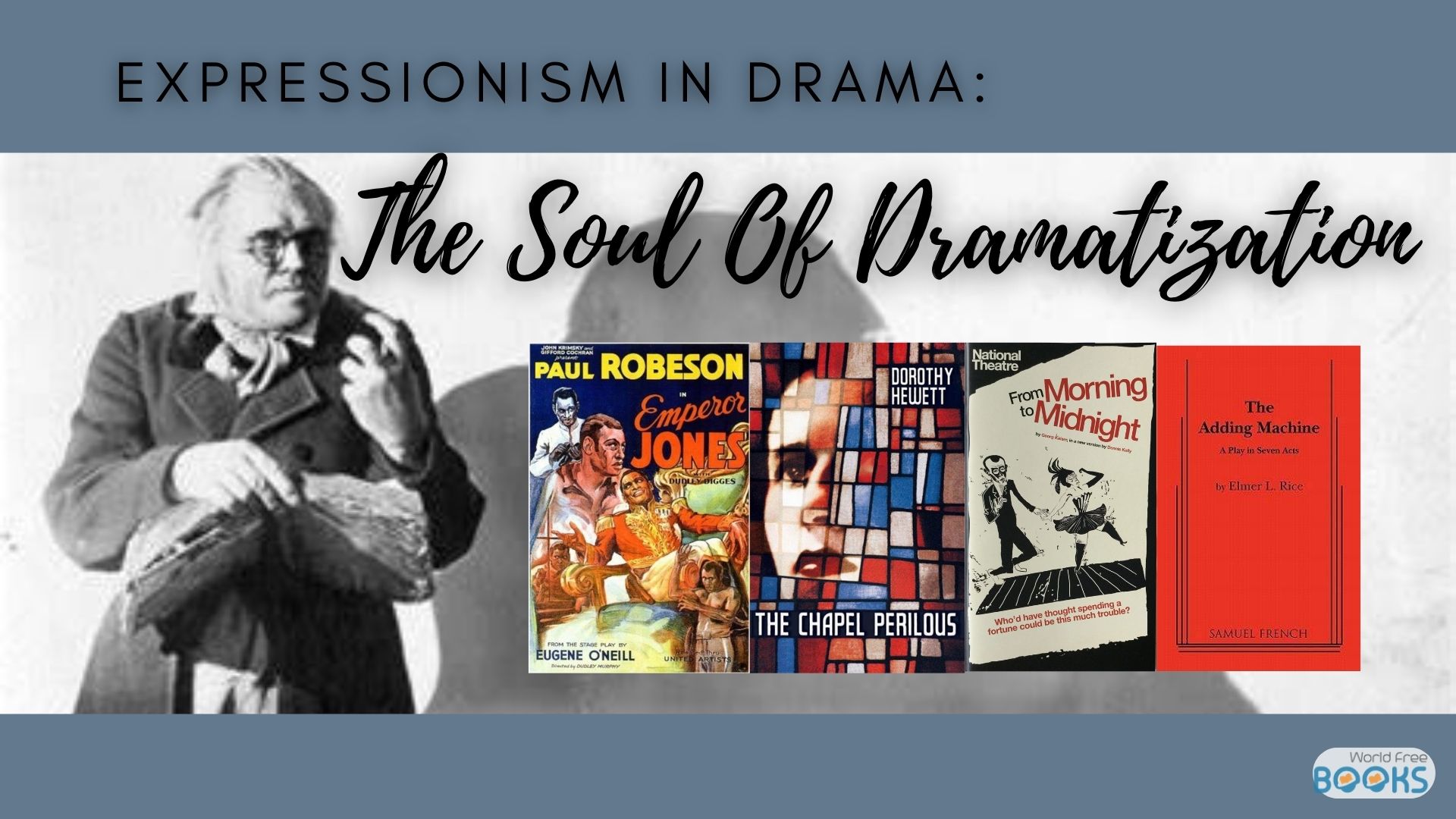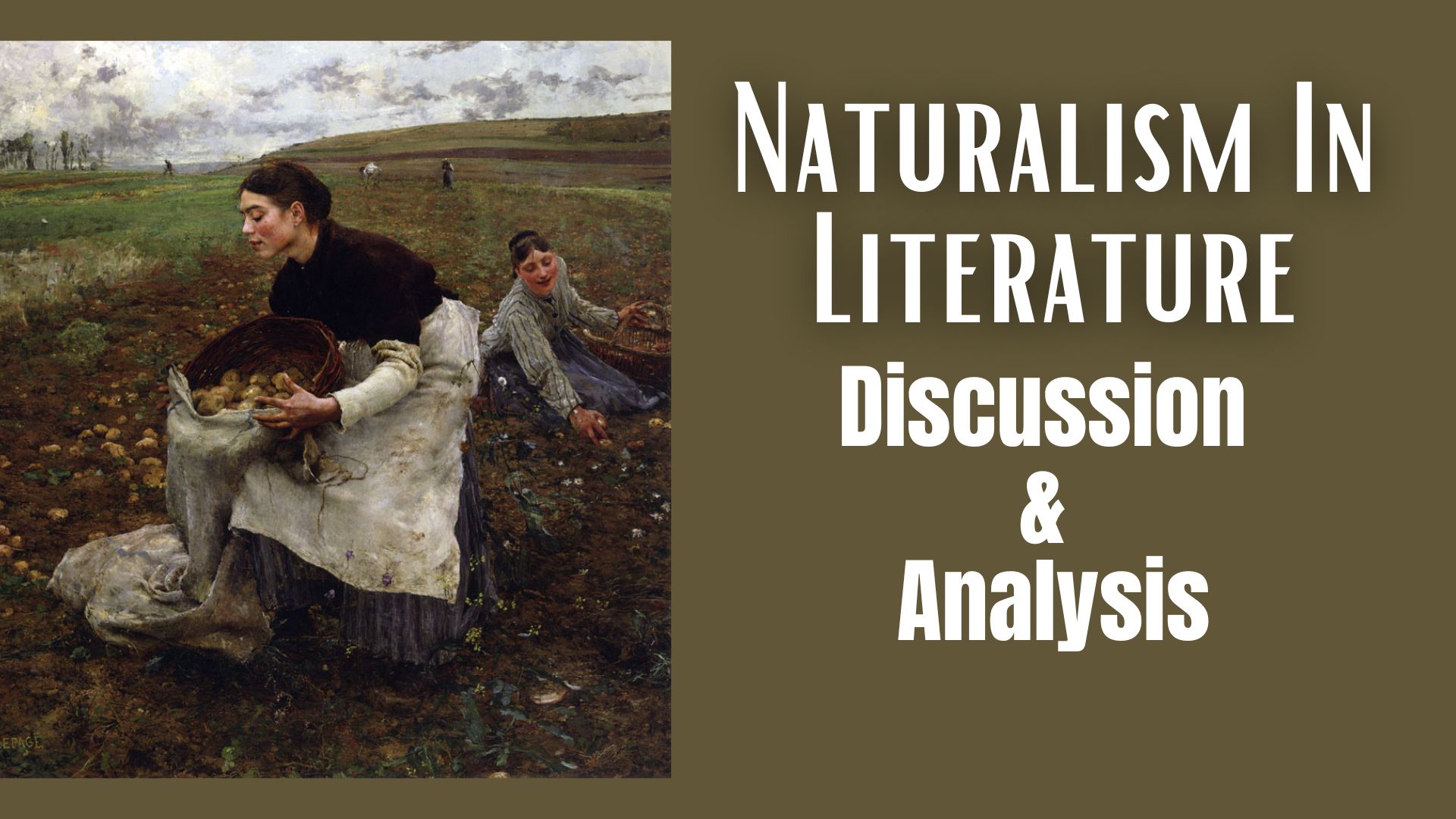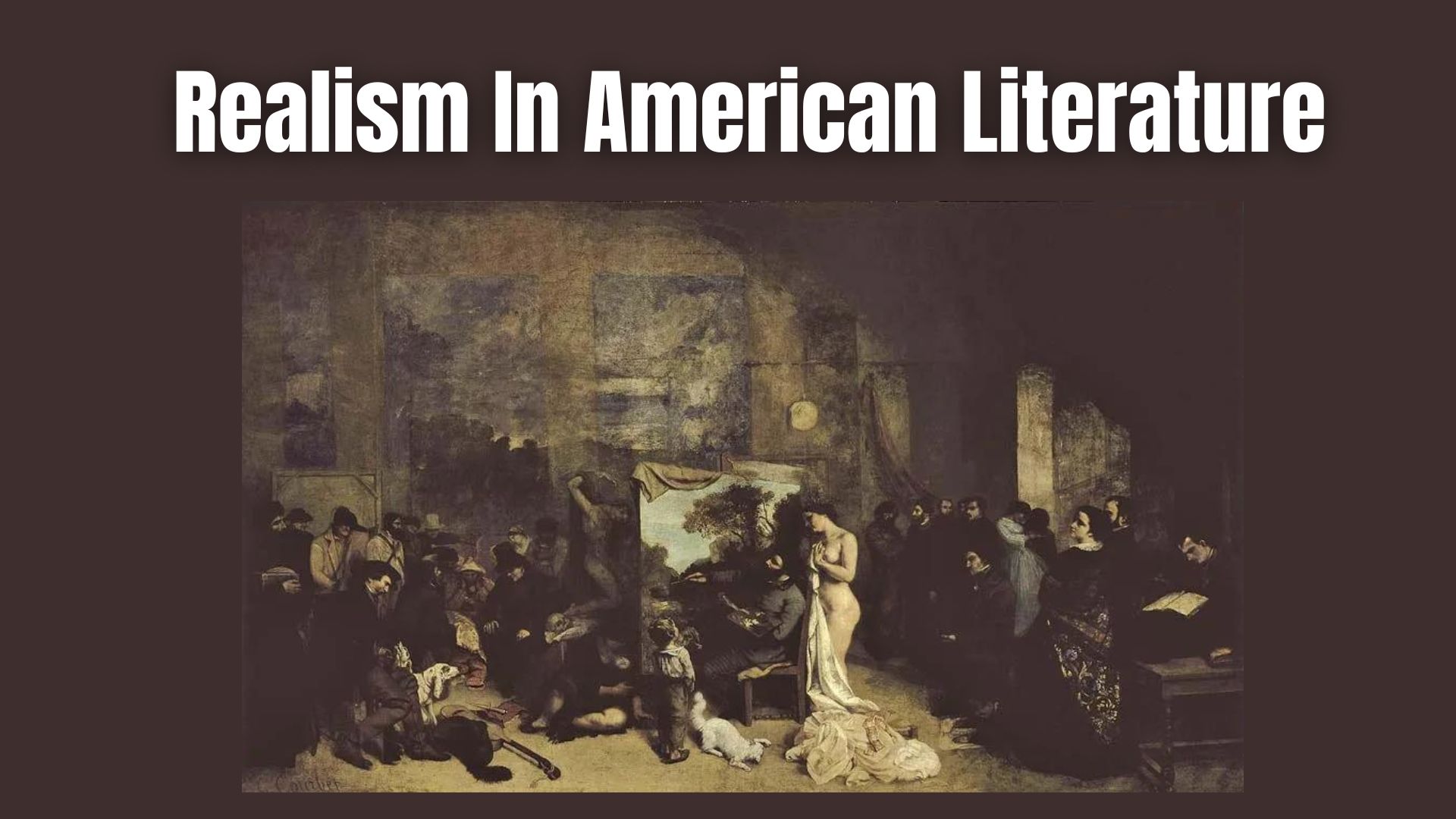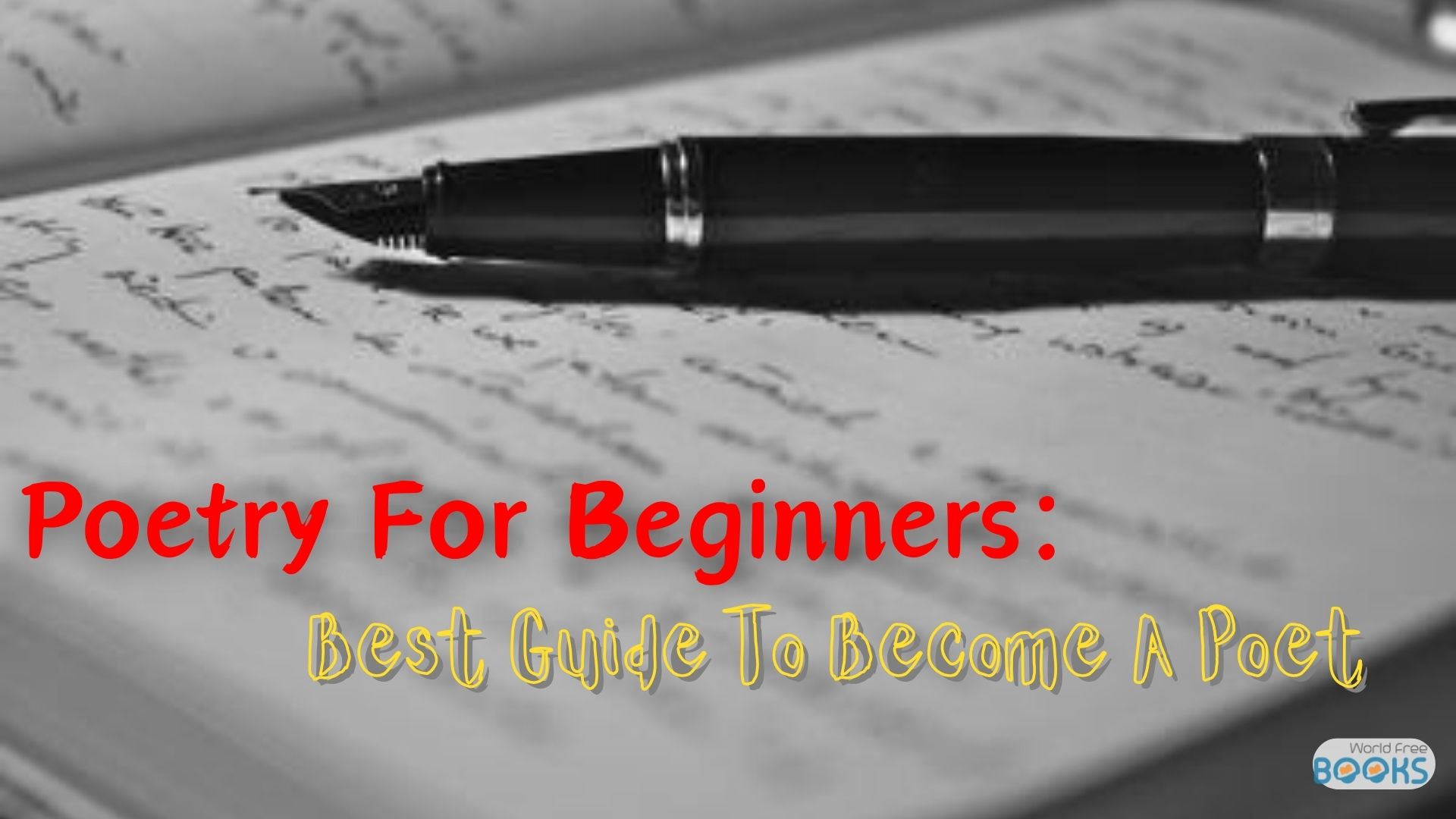
Poetry is a form of literature that uses words’ sound, rhythm, and meaning to create expressive and imaginative works. Poetry For Beginners might be intimidating but it’s actually not like that, Poetry can be written in many ways, such as rhyme, meter, free verse, or prose.
To enhance its effect, poetry can also use various literary devices, such as metaphor, simile, personification, alliteration, or imagery. But in the center of it all,
Poetry can express emotions, thoughts, experiences, or ideas creatively and artistically. The poet’s culture, history, and language can also influence poetry. Poetry is one of the oldest and most diverse forms of human expression, and it can be found in almost every culture and period.
How Do I Become A Poet: Poetry For Beginners
There is no definitive answer to how one becomes a poet or what could be poetry for beginners, but there are some common steps that many poets follow to develop their craft and share their work. Here are some of them:
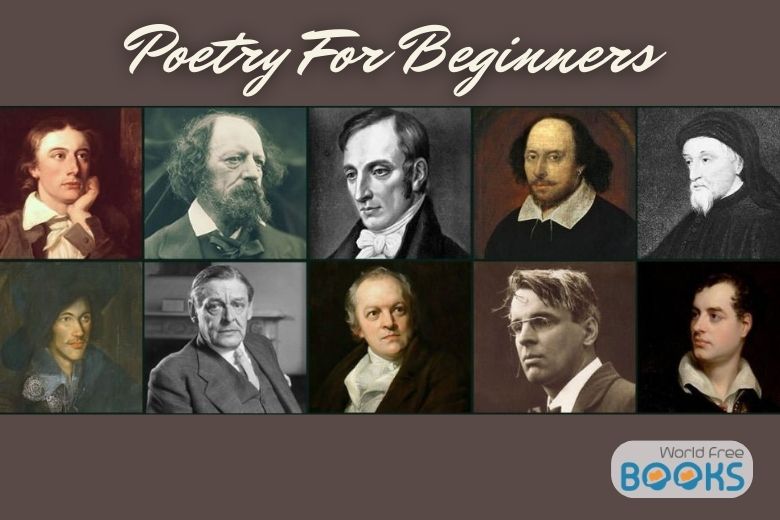
Poetry For Beginners: Read poetry widely and deeply
Poetry for beginners comes first with Reading poetry, it can help you learn from other poets, discover different styles and forms, and enrich your vocabulary and imagination.
You can read poetry from various sources, such as anthologies, magazines, websites, and books. Some examples of poetry sources are Norton anthologies, Best American series, Poetry Foundation, and Writers.com.
Poetry For Beginners: Write poetry regularly and experimentally
Writing poetry can help you creatively express your thoughts, feelings, and experiences. poetry for beginners can be hard sometimes, especially when the motivation can’t hit you, You can write poetry in any way that suits you, such as using a journal, a computer, or a phone.
So having ways to write anywhere with anything helps you whenever your motivation hits, just get to writing as poetry for beginners, this would be one of the foremost tips you should take to heart.
You can also experiment with different styles, forms, and themes, such as sonnets, haikus, villanelles, sestinas, free verse, rhyme, meter, imagery, metaphor, and more. Some examples of poetry forms are sonnets, haikus, villanelles, and sestinas.
Poetry For Beginners: Revise your poetry carefully and critically
Revising poetry can help you improve your language, structure, and meaning. You can change your poetry by yourself or with the help of others. You can also use different tools like dictionaries, thesauruses, grammar checkers, and feedback platforms.
Poetry for beginners must have some things that could help with your unskilled self like, Some examples of revision tools are dictionaries, thesauruses, grammar checkers, and feedback platforms.
Poetry For Beginners: Share your poetry widely and confidently
Sharing poetry can help you reach an audience, receive feedback, and gain exposure. You can share your poetry in various ways, such as publishing, performing, or posting.
You can join different communities, such as writing groups, poetry workshops, poetry readings, or online poetry forums. Some examples of sharing platforms are publishing, performing, posting, and online poetry forums.
These are some of the steps that can help you and is listed among the poetry for beginners, but they are not the only ones. You can also become a poet by following your passion, curiosity, and creativity.
Reading Famous Poems To Get Started On your Journey
How do you become a poet, or Poetry for beginners, everything starts with poems themselves, you have to read an abundant amount of them and you have to read the most famous of them, so here are some of the most celebrated and famous poems in English are:
The Raven by Edgar Allan Poe: A story in verse about a man who is haunted by a raven that says “Nevermore” to everything he asks or says. The poem deals with themes of loss, insanity, and the paranormal.
The Road Not Taken by Robert Frost: It is a poem that shows the speaker’s decision between two roads in a forest and how that decision affected his life. The poem is often seen as a symbol of the value of being yourself and making choices.
Sonnet 18 by William Shakespeare: One of the most famous sonnets in English and part of a series of 154 verses Shakespeare wrote. The poem praises the speaker’s lover by comparing them to a summer’s day and saying that they will live forever in the poem. The poem is also known by its first line, “Shall I compare thee to a summer’s day?”
Kubla Khan by Samuel Taylor Coleridge: An incomplete poem that was allegedly inspired by a dream caused by opium. The poem describes a vision of a mythical palace and garden built by the Mongol ruler Kubla Khan and the poet’s wish to capture that vision in his art. The poem is famous for its vivid imagery and musical language.
If— by Rudyard Kipling: A poem that advises how to be a man and a leader. The poem is written as a father’s speech to his son and lists various traits and values the son should aim for. The verse is often quoted and learned by heart and has been adapted into songs and movies.
Reading poems can move one’s mind and give you the kickstart to finding your type of poetry; the world of poetry is no holds barred, so be sure to express yourself as honestly as possible. Let your emotions speak true, and let the momentum carry you through your journey.
No matter what, one’s mind and emotions speak true in their poetry. It is one of the most powerful aspects that makes Poetry such a fantastic piece of human literature.
Inspiring Quotes For Poetry
Here are some quotes that might inspire or encourage you in your poetry:
“Poetry is the opening and closing of a door, leaving those who look through to guess about what is seen during the moment.”
— Carl Sandburg
“If you can’t be a poet, be the poem.”
— David Carradine
“Poetry is the art of creating imaginary gardens with real toads.”
— Marianne Moore
“A poem begins as a lump in the throat, a sense of wrong, a homesickness, a lovesickness.”
— Robert Frost
“Poetry is not a turning loose of emotion, but an escape from emotion; it is not the expression of personality, but an escape from personality. But, of course, only those who have personality and emotions know what it means to want to escape from these things.”
— T. S. Eliot
“Poetry is what gets lost in translation.”
— Robert Frost
“Poetry is the rhythmical creation of beauty in words.”
— Edgar Allan Poe
“Poetry is an echo, asking a shadow to dance.”
— Carl Sandburg
“Poetry is the synthesis of hyacinths and biscuits.”
— Carl Sandburg
“Poetry is language at its most distilled and most powerful.”
— Rita Dove
“Poetry is eternal graffiti written in the heart of everyone.”
— Lawrence Ferlinghetti
“Poetry is a way of taking life by the throat.”
— Robert Frost
“Poetry is the revelation of a feeling that the poet believes to be interior and personal which the reader recognizes as his own.”
— Salvatore Quasimodo
“Poetry is a mirror which makes beautiful that which is distorted.”
— Percy Bysshe Shelley
The Role of Emotions in Your Poetry
To a beginner poet, sometimes emotions lead the way the most, and in poetry for beginners, one could say it is quite important. Emotions play a large part in becoming a poet but are not the only factor.
Poetry is also a craft that requires skill, knowledge, and practice. Emotions are essential in poetry because they are the essence of the human soul and the poet’s power.
Emotions allow the poet to pour their feelings into a poem and explain the deep states and movements of the spirit. Emotions also enable the poem to convey feelings and meanings through words and the form and sound of the poem. Emotions are what make poetry expressive and relatable.
However, emotions alone are not enough to make a good poem. A poet also needs to master the language, the structure, the style, and the techniques of poetry.
A poet must have a rich vocabulary, a sense of rhythm and meter, a knowledge of poetic devices, and a flair for creativity. A poet must revise, edit, and polish their poems until they achieve the desired effect.
A poet must also read and learn from other poets and experiment with different forms and themes. A poet needs to practice and improve their craft constantly.
Therefore, emotions play a large part in becoming a poet but are not the only part. Poetry is a balance between emotion and reason, art and craft, inspiration and perspiration. Poetry is a way of expressing and communicating feelings and emotions, but it is also a way of creating and exploring beauty and meaning.
Learn Language, Structure, Style, And Techniques Of Poetry
How do I become a poet? Poetry for beginners, the answer to that question is straightforward: There are several skills that you have to acquire to improve your poetry; the more you polish on these skills, the more you can put your emotions and soul into your poetry.
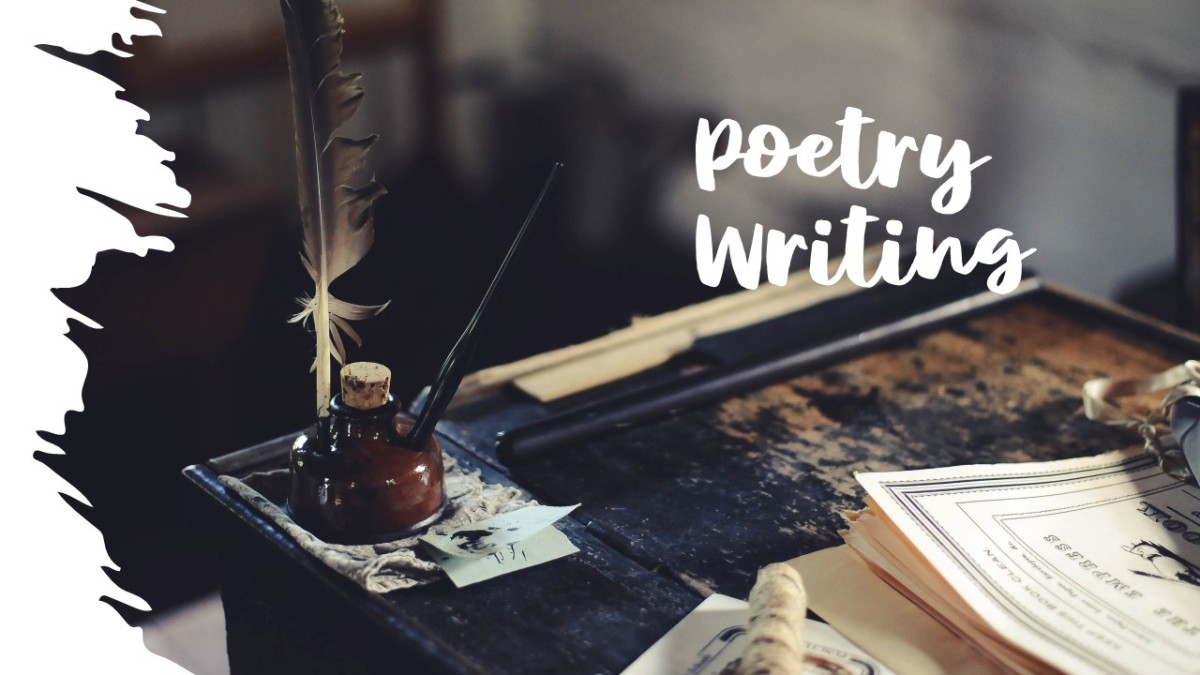
So, without delay, let’s get into details on these skills and what you need to improve them.
Language:
Poetry for beginners sometimes is a challenge especially because of Language. Language is how a poet uses words to create meaning and effect in a poem. Language includes:
- The choice of words.
- The order of words.
- The tone of comments.
- The use of figurative language and poetic devices.
A poet needs to master the language of poetry by having a rich vocabulary, which means knowing a lot of words and their meanings, synonyms, antonyms, and connotations. A poet also needs to have a flair for creativity, which means being able to use words in original and imaginative ways.
Structure:
Structure is how a poet organizes the poem on the page, such as the number of stanzas, lines, breaks, and paragraphs. The design also includes the rhyme scheme, the rhythm, the meter, and the form of the poem.
If you are thinking about Poetry for beginners, then you to master the poetry system by having a sense of rhythm and meter, which means knowing how to create sound and stress patterns in each line.
A poet also needs to know poetic forms, which means knowing the rules and conventions of different types of poems, such as sonnets, haikus, villanelles, and free verse.
Style:
Style is how a poet expresses their personality and voice in a poem. Class includes the mood, the tone, the attitude, and the perspective of the poem. If you are learning Poetry for beginners, then style is also an essential part of your learning.
A poet must master the poetry technique by conveying their emotions, thoughts, and opinions clearly and effectively. A poet must also have a sense of audience, which means knowing who they are writing for and what they want to achieve with their poem.
Techniques:
Techniques are how a poet uses language and structure to create specific effects and meanings in a poem. Plans include using figurative language, such as simile, metaphor, personification, and hyperbole, and poetic devices, such as alliteration, assonance, consonance, onomatopoeia, and imagery.
A poet needs to master the techniques of poetry by being able to identify, analyze, and apply them in their poems. A poet also needs to have a sense of purpose, which means knowing why they use a specific technique and what they want to communicate with it.
Revision:
Revision is improving and polishing a poem after it has been written. Revision includes checking the language, the structure, the style, and the techniques of the poetry and making changes, additions, or deletions as needed.
A poet needs to revise their poems by being able to evaluate their work and receive feedback from others. A poet must also have a sense of perfection, knowing when a poem is finished and ready to be shared.
Types of Poetry Found Now And Then
Traditional Poetry: This type of poetry is characterized by its adherence to specific rules and structures. These can include rhyme schemes, rhythm or meter, syllable counts, and the number of lines in a stanza.
Traditional poetry often employs a more formal language, catering to a more scholarly audience. The structure and form are predetermined and must be followed.
Free Verse: Contrarily, free verse poetry breaks away from the constraints of traditional poetry. It does not conform to any specific rhyme, meter, or structure rules. This allows for greater creative freedom and flexibility.
Contemporary poets often favor free verse for its accessibility to a broader audience. The length of lines in the free poem can vary greatly, ranging from a single word to much longer lines.
In summary, while established patterns and structures bind traditional poetry, free verse allows poets to experiment with form and style.
A Few Words To End This Discussion
In conclusion, becoming a poet is a journey of self-discovery and expression. It begins with an appreciation for the art form and a commitment to learning and practicing the craft.
As a beginner, immersing oneself in poetry, reading and analyzing works of established poets, and understanding the various poetic forms and techniques are crucial steps.
However, the heart of poetry lies in authentic self-expression. Therefore, beginners should focus on finding their unique voice and style. Writing regularly, seeking feedback, and revising work are part of the process.
Remember, every poet starts as a beginner, and the love for language and expression propels one forward in this journey. So, keep writing, keep learning, and let your words create the magic of poetry. Also we have a large collection of Poems here, be sure to check out and verse yourself into the world of Poetry.

 Dec 28, 2023
Dec 28, 2023 